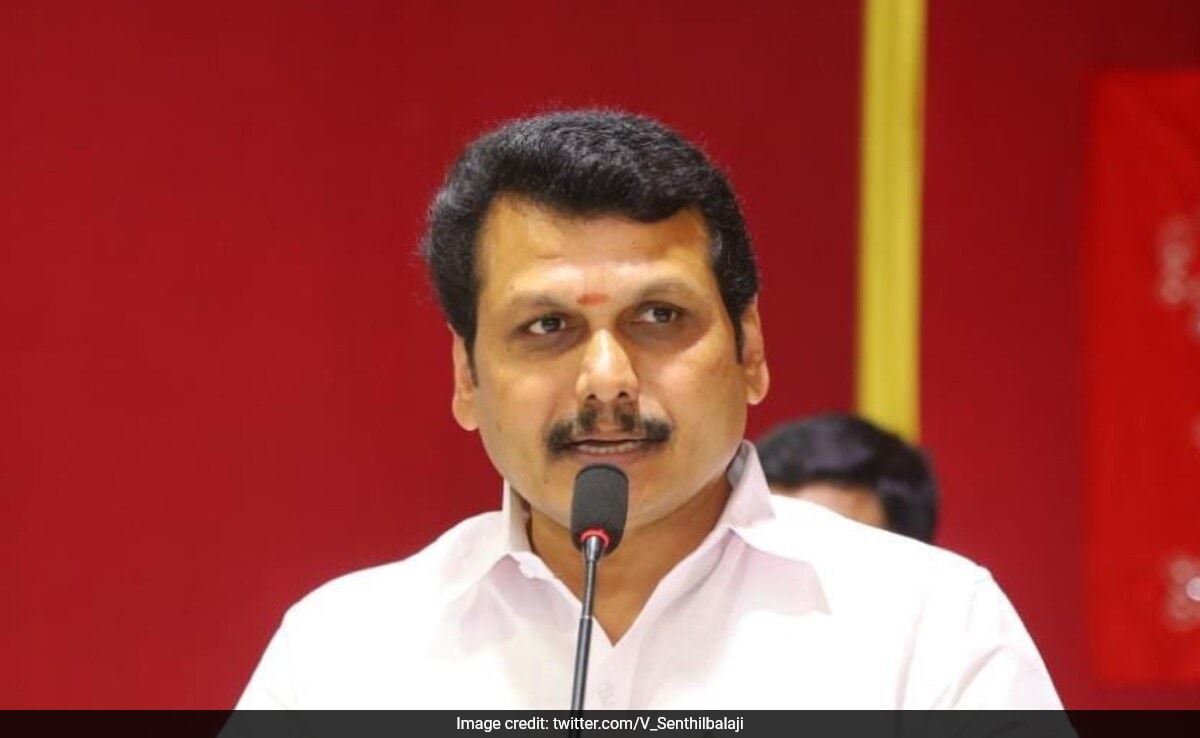Netflix’s latest web series, ‘IC 814: The Kandahar Hijack’, has sparked a controversy. The show, which is based on the 1999 hijacking of an Indian Airlines flight by terrorists, has been accused of distorting facts, whitewashing terrorism, and offending public sentiment. The uproar has led to the Indian government summoning the content head of Netflix India.
The Incident: Hijacking of IC 814
Indian Airlines Flight IC 814 was hijacked on December 24, 1999. The plane, carrying 154 passengers and crew, was hijacked by five terrorists 40 minutes after it took off from Nepal’s capital Kathmandu, bound for Delhi. The hijackers, identified as members of the Pakistan-based terrorist outfit Harkat-ul-Mujahideen (HuM), diverted the plane to Kandahar in Afghanistan, then under the control of the Taliban.
The crisis lasted for eight days, during which the terrorists demanded the release of three high-profile militants: Maulana Masood Azhar, Ahmed Omar Saeed Sheikh, and Mushtaq Ahmed Zargar. The Indian government, under immense pressure to save the lives of the hostages, ultimately agreed to release the militants. Then-External Affairs Minister Jaswant Singh personally escorted the terrorists to Kandahar, a move that remains controversial to this day.
The Series: IC 814: The Kandahar Hijack
‘IC 814: The Kandahar Hijack’, directed by Anubhav Sinha, was released on Netflix on August 29. The series is a dramatised retelling of the hijacking incident, featuring a star-studded cast including Vijay Varma, Naseeruddin Shah, Pankaj Kapur, and others. The series has garnered significant attention, not only for its portrayal of the hijacking but also for the controversy surrounding its representation of the terrorists.
The controversy erupted soon after the series’ release, with social media users accusing the filmmakers of distorting the facts surrounding the hijacking. The central issue revolves around the portrayal of the terrorists. The series uses the names “Shankar” and “Bhola” for the hijackers, which some viewers have interpreted as an attempt to obscure the real identities of the terrorists and their affiliations with Islamic extremist groups.
On platforms like X (formerly Twitter), hashtags such as #BoycottNetflix and #BoycottBollywood began trending, with users accusing the filmmakers of rewriting history and downplaying the terror inflicted by the actual hijackers. Some social media users claimed that the series was a “vile attempt” to whitewash terrorism and vilify the Hindu community by assigning Hindu names to the terrorists.
Amid the growing controversy, the Centre has taken note of the public outcry. According to sources, that the Ministry of Information and Broadcasting has summoned Monika Shergill, the content head of Netflix India, to address the issue.
Union Home Minister’s Statement (January 6, 2000)
In the immediate aftermath of the hijacking in 1999, the then Union Home Minister issued a detailed statement, revealing crucial information about the incident and the involvement of Pakistan’s Inter-Services Intelligence (ISI). The Home Ministry statement reveals the arrest of four ISI operatives who were integral to the support cell for the hijackers.
The statement categorically states that the hijackers – Sunny Ahmed Qazi, Shakir a.k.a Rajesh Gopal Verma, Mistri Zahoor Ibrahim, Shahid Akhtar Sayed and Ibrahim Athar used nicknames like Bhola, Shankar, Doctor and Burger to address each other inside the plane.
“To the passengers of the hijacked place these hijackers came to be known respectively as (1) Chief, (2) Doctor, (3) Burger, (4) Bhola and (5) Shankar, the names by which the hijackers invariably addressed one another,” the government statement reads.
Although the film has triggered a controversy, it remains one of the most-watched series on Netflix since the day of its release.














